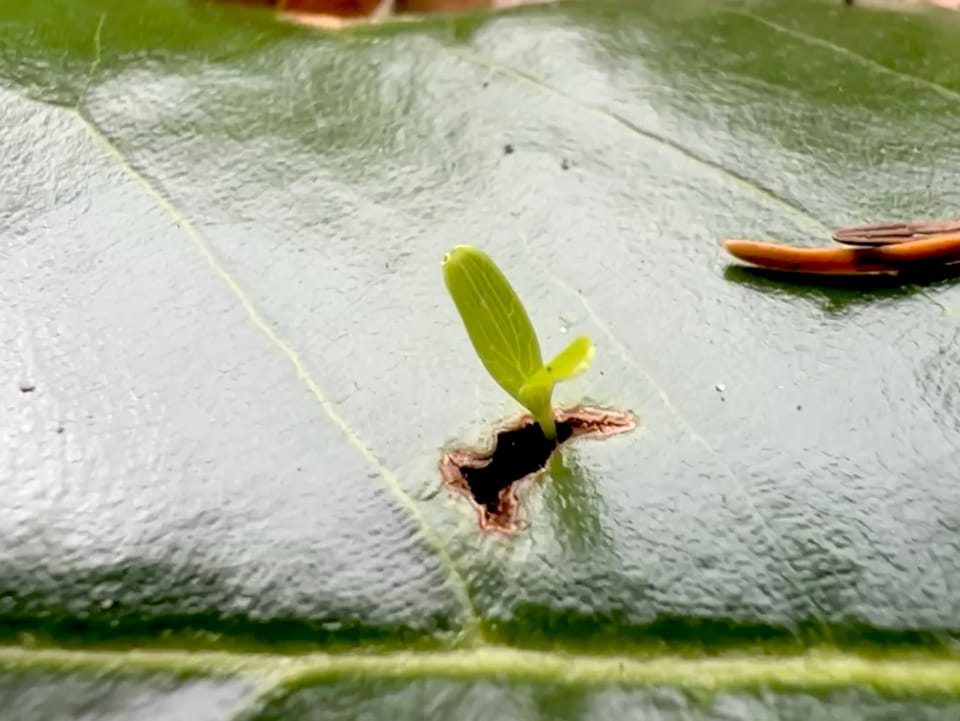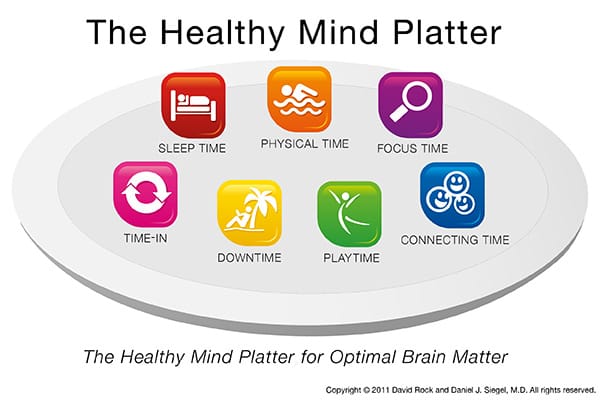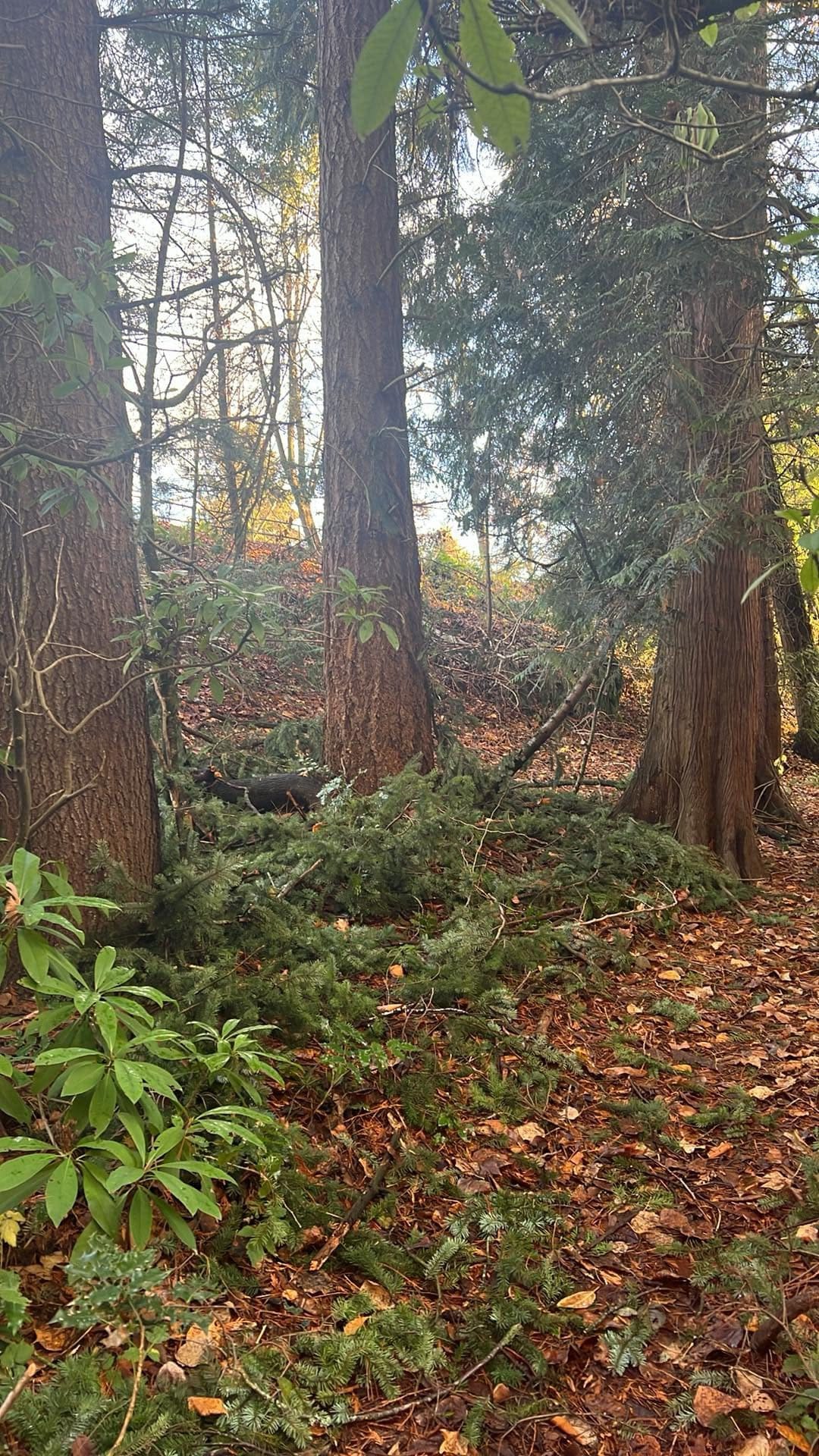What's your self-care?

Finding balance in a busy life, in a society that promotes a go-go-go mentality, and with little room for rest and restoration. Where little value is placed on self-care, however, they send you to yearly trainings on self-care and those two mandatory 15-minute breaks you are entitled to, but are not necessarily supported in taking. Oh, and do we really need it? I mean, really?
The National Institute of Mental Health defines self-care as:
Self-care means taking the time to do things that help you live well and improve both your physical health and mental health. This can help you manage stress, lower your risk of illness, and increase your energy. Even small acts of self-care in your daily life can have a big impact.
Dr. Dan Siegel and David Rock collaborated to create the Healthy Mind Platter, providing a visual and outline of seven essential daily tasks to enhance optimal mental health, also known as "self-care."

- Sleep Time: When we sleep, our brain cleans up debris and consolidates our memories. I have personally learned that listening to my body's need for sleep differs from others. I've stopped holding myself to societal expectations that I only need 8 hours of sleep and feeling shame for succumbing to my temptation for 9+ hours of sleep.
Photo by Abishek Subba / Unsplash - Physical Time: Our bodies require movement for physical health, and this also connects to our mental well-being through the nervous system. Simply walking, placing one foot slowly in front of the other and shifting your weight from side to side in an alternating pattern, engages in bilateral stimulation. Bilateral stimulation promotes bodily and emotional integration, helping to transform negative memories into positive associations.
Photo by Brian Mann / Unsplash - Focus Time: Designating uninterrupted blocks of time for complete concentration on goal-oriented tasks challenges our brains and fosters deeper neural connections. In a world full of distractions- like cell phones, loud advertisements, and social media- our ability to concentrate diminishes. I love immersing myself in a task during focus time, which releases a good dose of dopamine.
Photo by Pedro Forester Da Silva / Unsplash - Time-In: Engaging in quiet reflection while focusing on sensations, images, feelings, and thoughts helps to ground us. I really like slowing down, getting outside, and noticing the small things in nature.

- Downtime: Allow yourself the space and time to do nothing, letting your mind wander, and holding no expectations, allowing yourself to recharge.
Photo by Haley Phelps / Unsplash - Playtime: Art, dance, laughter, spontaneous creativity; allow yourself to play and embrace your creative self without self-judgment.
Photo by Amauri Mejía / Unsplash - Connecting Time: Ideally, this time is spent in person with those whose company you appreciate, establishing connections and feeling heard and understood. Share some belly laughs. Nerd out on a shared interest.
Photo by Priscilla Du Preez 🇨🇦 / Unsplash
I walk into my office, and the morning sun shines down into my bay window. I greet my snake plant. It just finished flowering, so I help clear the flowers from its base. I check the soil and add some water. The plant and mindful care I provide ground me—the touch of the soil, Earth. I then push the button to boil some water for tea. The warmth of holding a mug, smelling the aroma of peppermint, brightens my mood.
Creating rituals before and after sessions, grounding, taking time to notice, being patient, setting foundations and boundaries, and taking sustainable, committed steps are essential. As a budding therapist, getting ready to graduate and step out into the world, practicing these steps daily, and making them second nature will help me in the long run. The hard days, the exhausting days, the sad days, and the days filled with crisis can pile up on you. But remembering your practice of self-care and grounding yourself will help reduce burnout and compassion fatigue.
What does that look like? How can I advocate for it? Self-care isn't limited to the workplace, but also what you do outside of work. How do you rest and restore?
I live near a wooded area inside of Seattle where I walk my dog, getting to know the space, plants, water, animals, and observing them all through the seasons and now through the years. A storm comes through, and I'm eager to check on the woods and see the changes the weather made to the space. Observing, caring, talking with the plants, and clearing some branch/leaf litter off the tiny bows of baby trees and bushes to help them continue to grow. This practice is called Topophilia (Samson, 2021), commonly known as Place Bonding.
TOPOPHILIA HYPOTHESIS (SAMPSON, 2012)
• The topophilia hypothesis is a logical progression forward from the biophilia hypothesis. People bond with place
which includes living and non-living aspects. Bio=Life, Topo=Place
• “Humans possess an innate bias to bond with a local place, including both living and nonliving components” (pp.
25-26)
• Humans bond with not just species (biophilia) but the place in which they can exist and thrive; living and
nonliving aspects of a location
• There appears to be an evolutionary predisposition to build a connection to a place that will facilitate success in
this location; allowed humans to live in a diverse range of settings.
• Communities also bond with a place. Origin stories and culture is tied to a location or a place.
We owe it to ourselves to have regular breaks and practice self-care. Our society pushes the norm of a "go go go" mentality, get ahead, don't stop, and "I can sleep when I'm dead." Let's break the norm and societal pressure. This is an act of resistance, an act of self-love, and compassion.
I challenge you to choose one component of the Healthy Mind Platter to start adding into your daily routine.
Interested in Place Bonding? Here is an activity to try below:
PLACE BONDING ACTIVITY
Find a location to visit throughout the next two
weeks; reflect on the following questions:
- How do you feel in this place? What state of mind arises in you here?
- What is the nature of your relationship with this place?
- What relationship do you perceive your community has with this place?
- How do you experience, if at all, healing in this place?
- What are some of the relationships you observe in this place?
- What sensations do you notice when you are here?
- What do you feel compelled to write about when you are in this special place?
References
- Caring for Your Mental Health - National Institute of Mental Health (NIMH). (n.d.). National Institute of Mental Health. Retrieved April 9, 2025, from https://www.nimh.nih.gov/health/topics/caring-for-your-mental-health
- Siegal, D. J., & Rock, D. (2011). Healthy Mind Platter. Dr. Dan Siegel. Retrieved April 9, 2025, from https://drdansiegel.com/healthy-mind-platter/
- Sampson, S. D. (2012). The topophilia hypothesis: Ecopsychology meets evolutionary psychology. In P. H. Kahn Jr. & P. H. Hasbach (Eds.), Ecopsychology: science, totems, and the technological species, (pp. 23-53). The MIT Press.
Please share what you do for self-care.







Member discussion